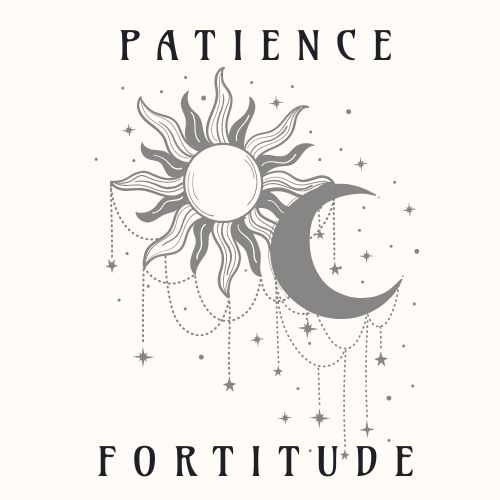I was interested in reactions to this NPR ‘Code Switch’ story, “What Part of Sacred Don’t You Understand?” Normally I don’t read comments sections because therein lies madness, but in this case I made an exception. The topic is a sensitive one here in America, concerning Native American artifacts and land, a subject with enough tragedy and frustration to run through generations of amity. My interest in the story, though, came from a genuine curiosity as to how sacred is defined.
Yes, I can look up the word in the dictionary, as well as the legal concept as given by Federal law here in the U.S. What I was looking at was how people react to the word individually, how they interpret a situation where people are looking at objects and land but conceptualizing them differently because of a disagreement about what makes something/someplace “sacred.”
In short, what makes a Catholic Church sacred and worthy of protection, but not a mountain that Native Americans have practiced their religion on for years?
Of course for most religious people with a strong faith in a deity, sacred is something that is empowered by some external factor, be it a priest’s blessing consecrating a church or using a sacred area of land for rituals to gods/goddesses.
For us as non-deist mourners, though, “sacred” is a cagey, nearly verboten idea. I’m going to argue that it can still hold a space in our lives. Unfortunately that is often taken from us by people want to shoe-horn us into their concepts of religion and sacredness. The NPR article showed how divergent those meanings could be even among people who do have supernatural beliefs, so there is no way to approach this idea that isn’t going to be controversial to some people.
I propose that “sacred”, in the context of secular grief, means places/things/times that hold a connection to a memory of a person who has died. I have written before about how I held on to my parents’ keychains for years after their deaths. My husband knew better than to touch them, because it upset me to not see them hanging by the door. Eventually during a move they were simply packed away and never put up again, but for many years they were sacred objects to me. This was not due to some paranormal power or connection they had, but simply because they reminded me of my parents.
Too often the practice of atheism takes the emotions out of things. For some, that’s okay, they need that remove. For others, though, perhaps the idea of “secular sacred”, that is, connecting to an emotional state, might be helpful. I suspect it could become a crutch, but I think with the rationalized understanding of what is going on by claiming something is sacred from a secular mindset, it can be beneficial.
Of course many people come to atheism/non-deism through deconversion, and mistrust anything that smacks of religion/paranormal/spirituality. That’s fine too, I’m not trying to force this idea on anyone, just trying to expand our resources to help us deal with our grief.
